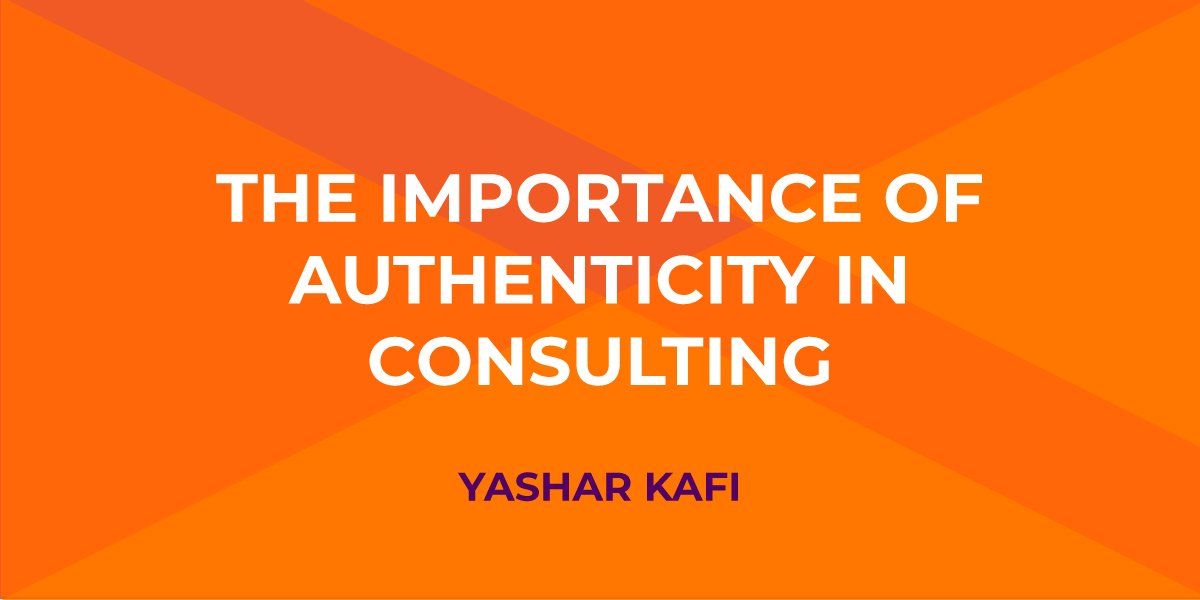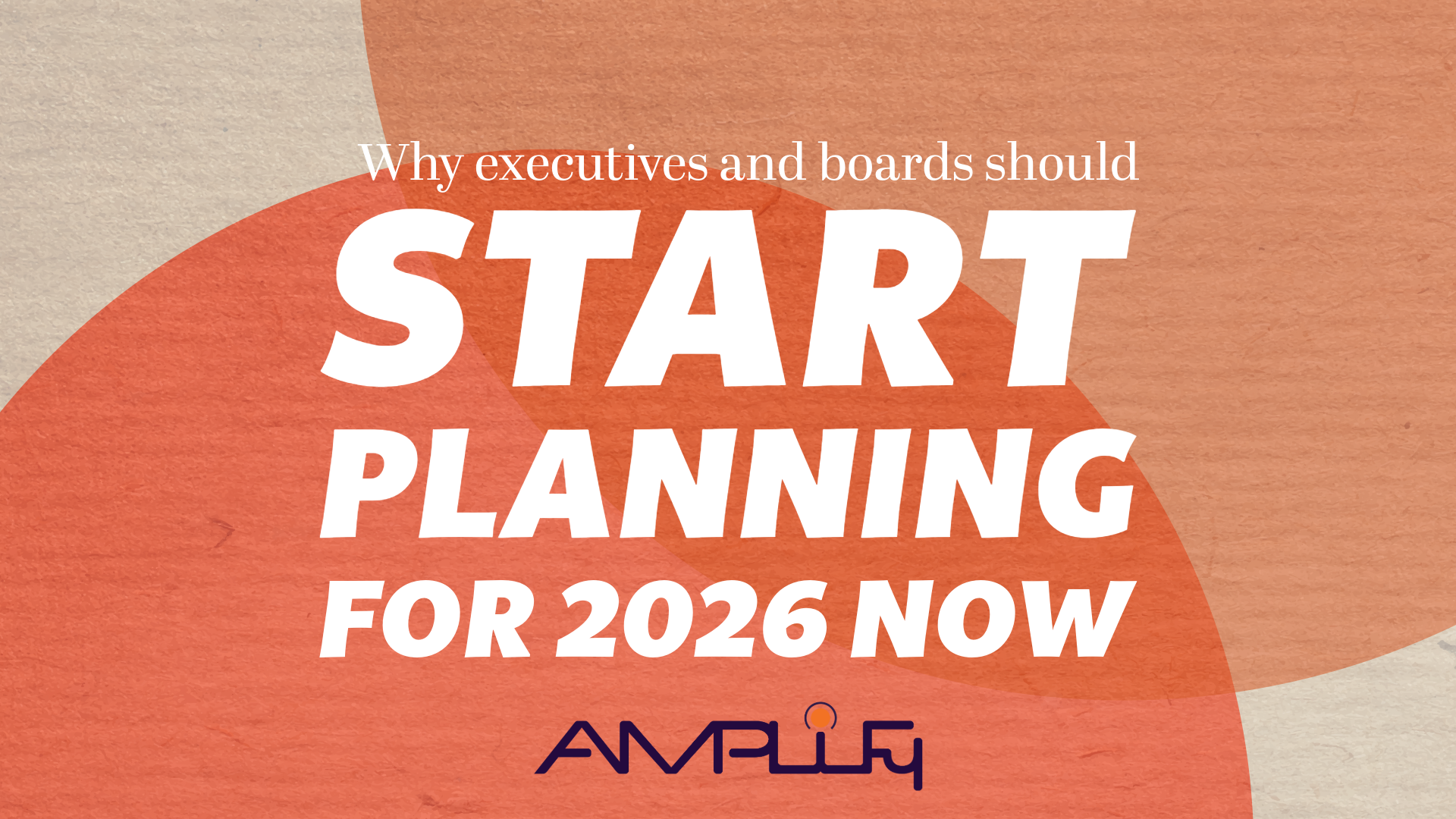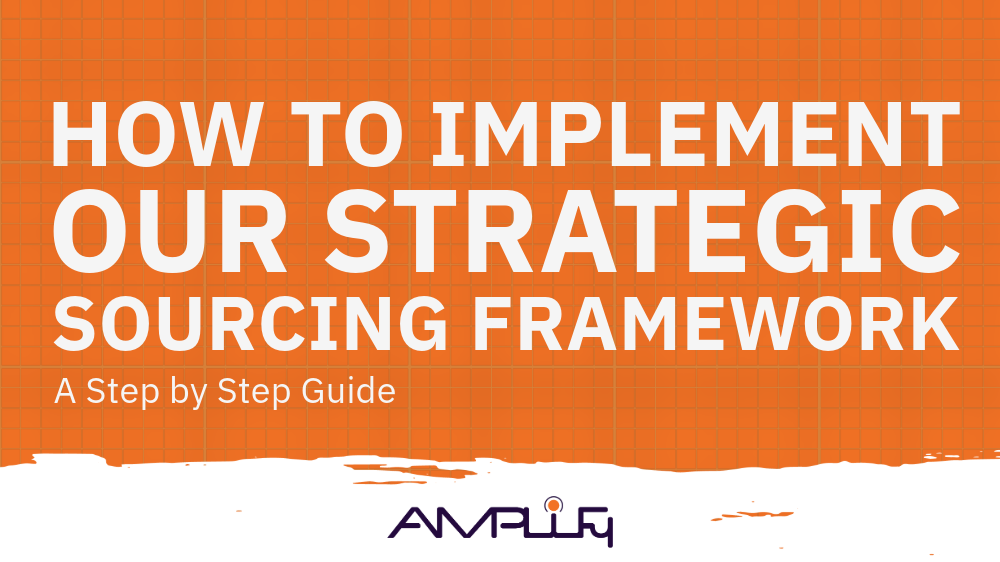The Importance of Authenticity in Consulting
When broken down to bare basics, what is consulting, really? It’s giving advice. In the professional realm, advice usually comes from experts on the subject matter people seek advice on.
In business—and life—besides, of course, someone being an expert in their field and at the top of their game, who do you want “consulting” you? Who do you want to follow?
An overwhelming majority will agree that trust is vital in this type of relationship, business or otherwise. But let’s focus on business. What do you need to know before that trust can be established? You have to know that the consultant is honest and authentic. It’s the importance of this authenticity in consulting that I want to focus on in this article. I would dare to say that in consulting, authenticity is king.
Authenticity is King
What do I mean by this? I mean that above all, authenticity in consulting is the most crucial factor, the paramount piece of the puzzle for professional success. Knowing this, consultants must ensure that all interactions with the client are transparent. This especially pertains to any promises made when setting goals together. During this process, consultants must be honest and forthright—right out of the gate—vocalizing what they can (and cannot) make happen for a client BEFORE anything is set in stone.
Not only is this bold honesty good for business (finding the right fit between a consultant and a client has proven to lead to more cost-effective solutions). But just like any other relationship, one that exists and is built on a firm foundation (of trust), is more likely to withstand the long haul—and even thrive. Those relationships where the consultant reveals a lack of integrity (in any way) quickly die on the vine.
Authentic Behavior Above All
As mentioned above, honesty is the most powerful building tool any consultant can have in their proverbial tool belt. Why? Because this is THE foundation that allows them to form a strong and solid client relationship built on mutual trust.
Unfortunately, all too many consultants are not wholly authentic from the get-go. There are myriad reasons for this unauthentic behavior, a top one being that consultants seek to impress potential clients and may resort to “fudging,” embellishing, or making outright false claims (okay, brags)—basically anything they need to do—to get that contract inked. And I hate to break it to you, but this is the kiss of death for any relationship. Why? Because companies succeed because of the people behind the curtain: skilled leadership teams and knowledgeable individual contributors. So when a consultant isn’t completely authentic, they can spot them a mile away.
Some of the most common persuasion techniques that consultants tend to use to accomplish their agenda quickly become cliche—and even insulting at times. In the face of such tired tactics, clients often immediately place their guards up. In direct contrast, when a consultant comes in and opts for authenticity and can establish a symbiotic balance of conversation between themselves and the clients (not just having them talk at the client, creating a “pitchy” conversation monopoly), it automatically paves the way for a productive, trusting relationship.
So, now that we see how important this trait is when you are looking to hire an authentic consultant, look for the following guideposts, and take them as green lights:
Equally Beneficial, Teammate Mentality
When you see a consultant looking to build a win-win partnership with a client, that is a surefire sign that they are authentic. For instance, successful, long-term consultants, like our team at AMPlify, are most often those who have this mentality. Specifically, their goals are to help clients find solutions to issues and meet their needs in the most cost-efficient way.
Enthusiasm Over Ego
When you see a consultant showing genuine enthusiasm for their client’s company versus focusing on their interests, that is a sure sign that you have found an authentic consultant. Ideally, the consultant will be like-minded with the organization they serve, have a real passion for the client’s ultimate goals, and get on board with the overall mission statement. This shared vision and passion help the consultant place the client’s needs above their own (ego).
Miss (or Mister) Congeniality
An authentic consultant looks out for the client and has real empathy for them. This will better enable them to care about the client’s cause, giving everything they have to help them find the absolute best solutions. Also a characteristic? Adaptability, where consultants can shift on a dime to address their client’s ever-changing needs, even if it means going out of their comfort zones and expanding their skillset and network to do so.
The bottom line—and sad truth—is that all consultants are not made equally, and many are not at all authentic. But the best ones are. Find them, or be them, and see how far truth and trust can take you.




